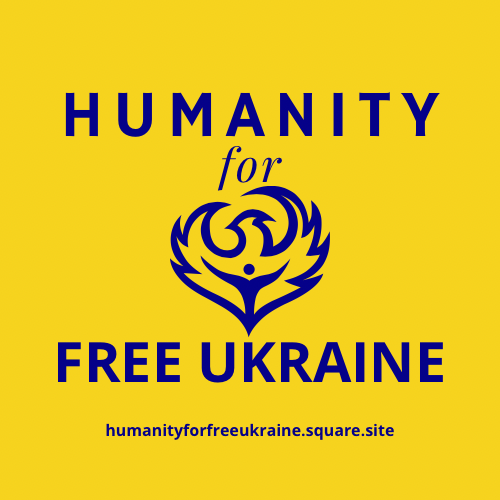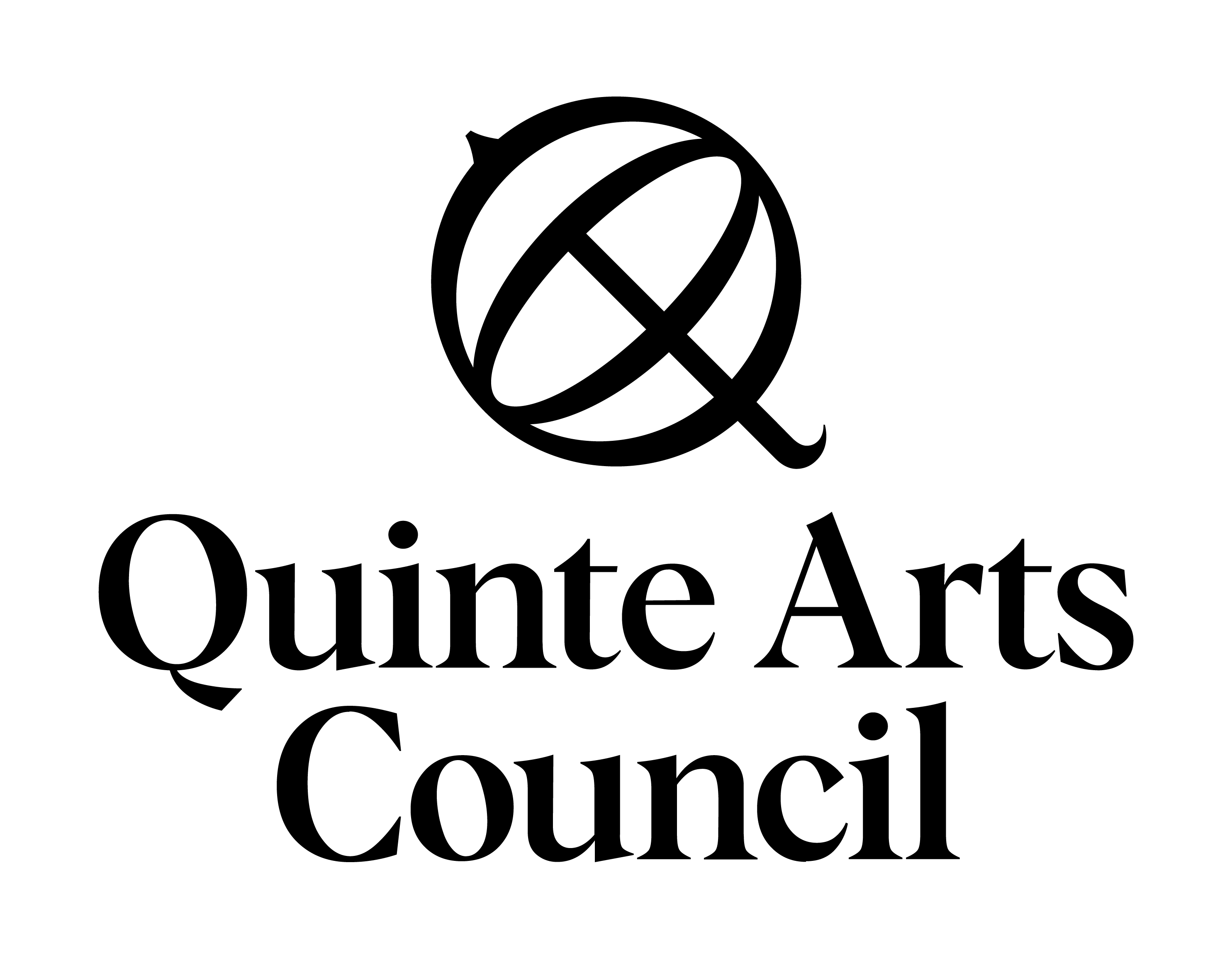Introduction
Belleville is a growing community with roots reaching around the world and deep here at home. Our culture is enriched by such diversity, and our economy is strengthened by it as well. To support the needs of our growing economy, Belleville needs to attract, deploy, and retain talent from communities around the world, welcoming them to jobs and opportunities, and welcoming them home.
Belleville has always been enriched by having a diverse and inclusive population. Research demonstrates the benefits of diversity in the workplace. Nonetheless, members of marginalized communities continue to face racism and discrimination even in the Friendly City.
Belleville’s Workplace Inclusion Charter aims to create and promote safe workplaces for marginalized and equity deserving populations including:
- newcomers
- marginalized populations including newcomers,
- people who are racialized/visible minorities,
- people with disabilities,
- Indigenous people,
- linguistic minorities (i.e. Francophones),
- women,
- youth,
- older workers, and
- people from LGBTQ2S+ communities.
By collaborating with local employers and encouraging inclusion initiatives, the Charter will contribute toward building equitable and prosperous workplaces, and a more diverse, welcoming community.
In 2018, recent immigrants to Canada experienced nearly twice the unemployment (9.4%) of the general population (5.8%). At over 12%, both youth and Indigenous people have double the unemployment rates of the general population and people with disabilities face a 35% unemployment rate. By incorporating inclusive practices into the workplace, Belleville businesses will be well-positioned to attract and retain highly skilled, underutilized talent.
In our region, the Centre for Workforce Development (CFWD) Local Labour Market Plan 2022 indicated that there were just under 2,000 unemployed clients being assisted by Employment Ontario job programming. Of those, 48% were women, and 33% identified as a vulnerable population including indigenous, racialized persons, newcomers, francophones and persons with disabilities. The report also noted that international student retention has been challenging in the region, contributing to diminishing the long-term benefits of diversity. Anecdotal evidence from the plan indicates that “lack of familiar community” was given as one reason for leaving the Quinte region. One of the long-range actions of the The Labour Market Plan 2022 is to: “Develop cross cultural awareness and diversity training for employers.”
The CFWD EmployerOne Survey for 2022 also indicated the following: “New Canadians are an untapped labour force locally. 61% of local employers have not hired a New Canadian. With the vast number of vacancies going unfilled, employers should be reviewing their options to support Express Entry applicants. They should also connect with Quinte Immigration Services to access their employment supports.”
The purpose of the Charter is to promote employment practices and encourage the use of tools that will improve inclusion, diversity, and equity in the workplace. The premise of the Charter is to ignite action that begins in the workplace and spreads throughout the community.
The following definitions clarify the Charter’s areas of focus and intended impact on participating workplaces, and our broader community:
Diversity is the presence of a wide range of human qualities and attributes, both visible and invisible, within a group, organization, or society.
Equity is a condition or a state of fair, inclusive, and respectful treatment that recognizes and acknowledges the accommodation of differing needs and expectations. Equity acknowledges that equal treatment does not always yield equal results.
Inclusion is what happens when diversity and equity meet. It involves creating an environment where people have both the feeling and reality of belonging and are able to grow and develop their potential. It is a situation where disadvantaged communities and designated group members share power and decision making at all levels in projects, programs, and institutions.
The Inclusion Advantage
Diversity is a fact. Inclusion is a mindset.
Inclusive practices in diverse workplaces go beyond ethics – they present significant business advantages and opportunities for businesses and organizations that are willing to embrace them. Comprehensive research published by Forbes, Deloitte, Catalyst, and McKinsey and others all points to the same conclusion: diverse and inclusive businesses perform better. Here are just a few of the benefits associated with a diverse workforce:
- The relationship between diversity and workplace performance is proven
- Reinvigorate productivity and innovation: Diverse organizations are able to problem-solve from a broader perspective and make better, more informed decisions yielding higher net income growth when compared to homogenous workplaces.
- Tap into new markets: Diverse employees bring a wide variety of backgrounds, levels of knowledge, skill sets, and expertise to their workplaces. Incorporating inclusion into hiring practices will help identify such assets and in turn, allow organizations to serve a broader clientele.
- Attract high-level talent: Businesses that are able to recognize and use the skills and talents of a truly diverse workforce have a distinct advantage in a global economy.
- Retain expertise: In a competitive labour market, workplace retention strategies must include welcoming, inclusive tactics.
- Boost employee morale and improve wellness: An inclusive workplace inspires employees and makes them feel valued. This builds loyalty, supports teamwork, and promotes a sense of belonging. Practicing inclusion also improves the overall wellbeing of employees, contributing to increased productivity and fewer sick days.
- Build the reputation of your company: An open commitment to inclusion and diversity has significant reputational advantages for each business and organization.
- Build the city you want to live in: A shared commitment to inclusion and diversity and action across each individual business and organization moves our City closer each day to the city we all want to call home.
The Inclusion Charter
In March 2023, the City of Belleville became Belleville’s first workplace to adopt the Workplace Inclusion Charter, making annual commitments to develop Inclusion Plans and do their part to create a welcoming community.
Newcomers, racialized persons, women, youth, older workers and people from LGBTQ2S+ communities can all benefit from inclusive practices. These groups are the focus of inclusion strategies because they continue to experience systemic barriers to employment, high rates of unemployment and underemployment, and disproportionate representation in low-pay and low-status jobs. We recognize that there are other populations not listed here who experience regular discrimination and would benefit from equitable and inclusive practices in the workplace. Furthermore, we acknowledge that there is intersectionality among these populations and that often people cannot be confined to one category.
This Inclusion Charter is an opportunity for Belleville employers and organizations to embrace the future. It sets out a forward-looking vision for Belleville that actively supports a healthy, vibrant, and sustainable community in which all residents are respected and supported. Having the best talent requires embracing change.
The Process
Each business and organization has its unique inclusion needs and challenges, and has reached its own stage on the path of embracing inclusion. The City of Belleville encourages each signatory to the Workplace Inclusion Charter to make a commitment to developing a plan for the first year, setting achievable goals that move your workplace forward. It begins with endorsing the Charter. And we would encourage each signatory to visit the Government of Canada’s 50-30 Challenge website where you will find targets and tools that can be used in setting your own goals and deploying a variety of tactics to meet your inclusion goals.
Endorse
Show your business or organization’s commitment by signing the Declaration, and report your commitment on the City’s Inclusion website. Commit to one year of actively working on your individual action plan.
Assessment and Goal-Setting
Assess your business or organization’s current practices, explore your team’s questions about diversity and inclusion, determine needs, and develop an inclusion work plan with goals and metrics that are specific and achievable. Choose actions that are realistic but make you reach.
Implement
Share your passion and commitment, internally and externally. Set up meetings with senior leaders to ensure their ongoing buy-in and communicate your commitment to all team members. Make use of the 50-30 Challenge website to plan and mobilize. Commit to on-going evaluation and reporting to ensure you are staying on track and making an impact.
Celebrate
Celebrate signing the declaration, the development of your plan, and achievements along the way, both internally and through the media. Recognize your team members for their leadership and achievements. This will send a welcoming message to newcomers, inspire others, and boost morale.























